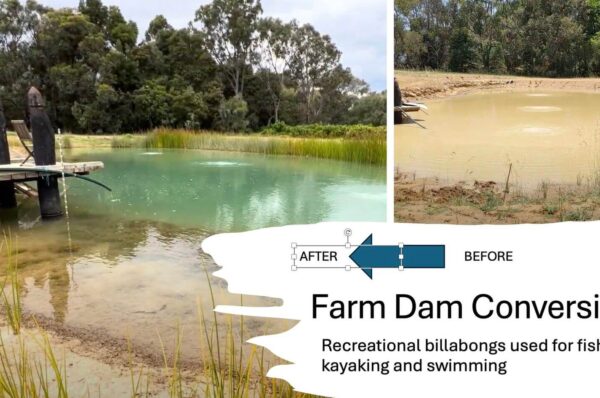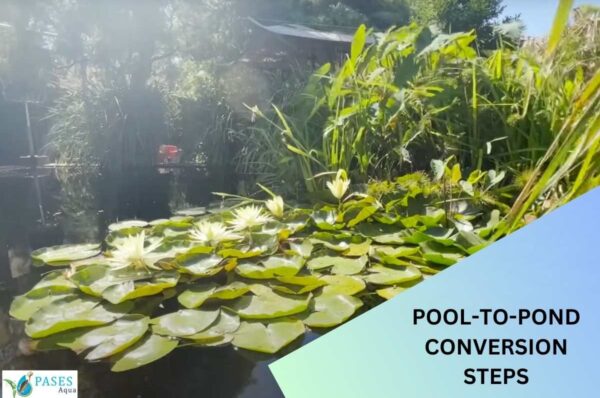Taking care of an aquarium is a task that requires attention, knowledge, and dedication. It’s not just about adding water and fish, and then sitting back to watch them swim around. Proper care ensures your fish remains healthy, the water is clean, and the overall appearance of the tank remains visually appealing. This guide will answer some commonly asked questions about aquarium care and maintenance.
Aquarium Services and Maintenance: FAQs
How much does it cost to have someone take care of your fish tank?
Pricing varies with the size of the aquarium, type of filtration, saltwater or freshwater, species of fish, location etc. We offer cheaper prices for more regular cleaning. Our general aquarium cleaning prices range from $150 – $450 per service.
What is aquarium service?
Our team services anything that they decide needs doing at the time of the visit. This usually includes water change, algae scrubbing, gravel vac, water testing, plant trimming, fish health check, service filters, topping up water with conditioners and wiping the glass.
How do I get a maintenance-free aquarium?
No aquarium is 100% maintenance-free. However, here are some tips to reduce maintenance frequency:
- Heavily planted with healthy plants for nitrate removal.
- Low fish stocking
- Large filtration system
- Big cleanup crew eg, Algae eaters, shrimp, bottom feeders.
- Low lights and lights on a timer to the lowest amount of required daylight.
- Keep away from windows.
- Saltwater aquariums require auto-dosing systems and refugiums.
- (Advanced) – Auto water change / top-up systems. (Require licensed plumber)
- Hire an aquarium contractor
Are fish tanks high maintenance?
Some are, some aren’t. This is completely dependent on how the aquarium is set up. Saltwater aquariums generally require more maintenance. Larger fish and sensitive fish (e.g. Discus) require more regular water changes.
How often should you change the water in your fish tank?
A very general rule is weekly. But this depends again on how the aquarium is designed and what species of fish are stocked. A heavily stocked aquarium with no plants might need more than once a week, whereas a low-stocked planted tank can happily go a month without a change. Saltwater aquariums generally need minimum monthly water changes and at least fortnightly if there are corals.
How long can an aquarium go without cleaning?
Some aquariums need daily maintenance; some can go months without cleaning. This is very dependent on how the aquarium is put together. A general rule is weekly cleaning.
What fish tanks don’t need cleaning?
All aquariums will need some level of cleaning at some point.
Do self-cleaning fish tanks work?
They can help. However, they will still need manual cleaning.
Is it OK to clean a fish tank once a month?
This depends on how the aquarium is set up and what fish species are present. Referring to the above regarding “‘low maintenance aquariums’’.
How do you know if fish water is bad?
Indications include fish gasping at the surface, fish deaths, bad odors, cloudy water, film on top of the water and unfavourable readings after a water test. Ammonia, nitrite, nitrate and pH should be tested regularly.
How often do you need to change the filter in a fish tank?
This depends on whether the filter is mechanical, biological or chemical. Mechanical is best to be replaced when worn or when water will no longer pass through efficiently. Biological filtration can not be cleaned thoroughly or with chlorine; however, it can be gently unclogged. Chemical filtration needs to be replaced as recommended by the manufacturer. Carbon usually needs replacing every 6-8 weeks.
Cleaning Procedures and Techniques:
How do you clean a neglected fish tank?
A badly neglected fish tank with toxic levels of ammonia, nitrate and nitrate usually needs a 100% change; we find these require cleaning chemicals to remove old algae and calcium stains such as vinegar. Allow extra maintenance time.
Should you ever do a 100% water change in an aquarium?
Experts can if required, as they have the skills and knowledge to keep enough beneficial bacteria alive elsewhere. It is important to be careful with chlorine and iron levels in the new water and the temperature of the new water to avoid shock.100% water changes are risky and not always recommended unless the existing water has toxic levels of ammonia, nitrite, nitrate or pH.
Why is my fish tank still dirty after cleaning?
Sometimes it is impossible to clean all the aquarium before killing too many beneficial bacteria. It is always better to leave some mess rather than crashing an aquarium. After a cleaning the water could also be cloudy and just needs more time to settle, especially after the clean disturbed sediments etc. Usually, the next day or two it looks its best.
Is it OK to clean a fish tank with dish soap?
No, never. There are other methods, and dish soap is never needed.
What is the most efficient way to clean a fish tank?
To clean the aquarium best suited to its needs and how the aquarium runs.
As a very general guide –
- 25% water change with gravel vac.
- Scrub algae.
- Service filters.
- Test water.
- Check fish health.
- Trim any plants.
- Top up with conditioners.
- Wipe front glass.
Will vinegar clean a fish tank?
Vinegar can help with stubborn stains on glass including calcium buildup. It should not be used in the tank water however.
How do you deep clean a dirty aquarium?
A deep clean requires all of our usual methods just with a larger water change and filter clean. Usually the glass lids and lights and pipes get a clean up too.
Do water changes stress fish?
Yes they can, Change in temperature, Ph, chlorine levels are common although the survival rate is very high in most situations.
How do you change water without stressing fish?
Some tips include smaller water changes, adding already aged water or filtered water, adding water the same temperature and using good quality conditioners. Some of these things are unavoidable in smaller time frames.
How often do you vacuum gravel in a fish tank?
This doesn’t always have to be done with every water change, some soil based aquariums never get a vacuum especially in planted tanks. Staff will vaccum gravel when they see it needs it.
Water Concerns:
Can I use tap water for aquarium?
Yes provided you use a good quality water conditioner.
What happens if you don’t change water in fish tank?
Nutrient levels can build up to toxic levels causing fish disease and deaths.
This will also cause increased algae growth.
Can I use rainwater for my fish tank?
Yes just be careful with PH. Rainwater can be much lower in PH (usually 5.5-6.5) and cause crashes.
Can I add water conditioner while the fish are in the tank?
Yes you can at the correct dosages.
Tank Location and Choice:
Where not to put a fish tank?
Do not position aquariums near windows or outside to avoid algae growth. Care should be taken to check flooring leveling and structure when installing larger aquariums.
Do fish prefer long or tall tanks?
Long, mainly because oxygen levels are based on surface area not liters. A tank with a larger surface area (Longer/wider aquariums) will be able to house more fish.
Taller aquariums are also much harder to clean due to not being able to reach the bottom.
Fish Care:
Does dirty tank hurt fish?
Not really. In fact, most fish would prefer this as it can provide shelter, and green water can promote breeding. However, high nutrient levels can. A dirty aquarium does not necessarily mean the water parameters are unhealthy – it is like your stomach, it might not look good inside but if you have the right bacteria, you are healthy. Same thing with tanks. Aesthetically, a dirty tank does not look good.
What to do with a tank when the fish dies?
Remove the dead fish and do a water test as soon as possible. Check for signs of disease, filter function, aeration and water temps. A small water change is also recommended.
What is the easiest fish to take care of?
There is definitely some species that are easier to care for compared to others. The list can be quite large and dependent on your aquarium. It is best to check with our staff.
What is the cleanest fish for a fish tank?
For smaller species, avoid large species, especially goldfish/koi if you want a ‘’clean’’ fish.
Can I flush my fish down the toilet?
No, this should never be done. Mainly due to the spread of disease and parasites into waterways.






